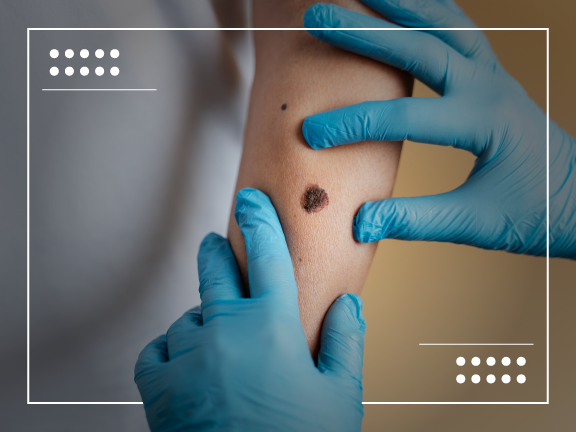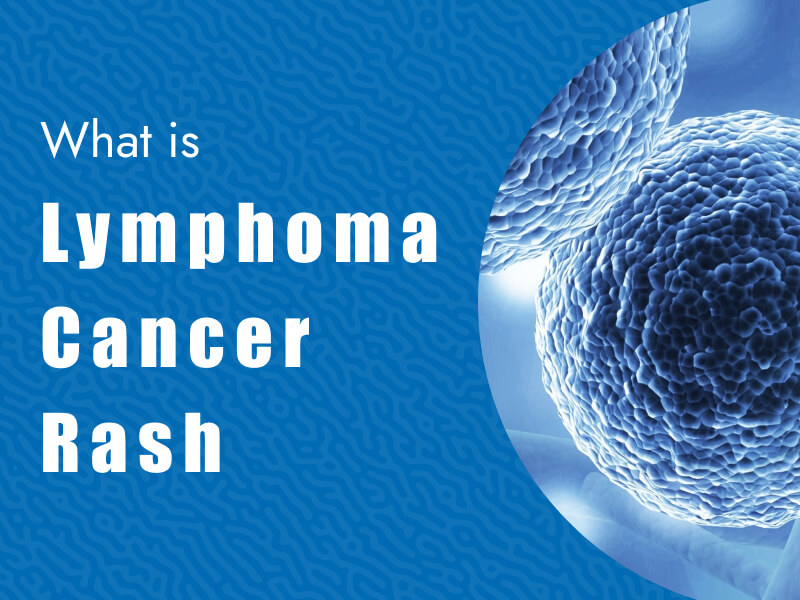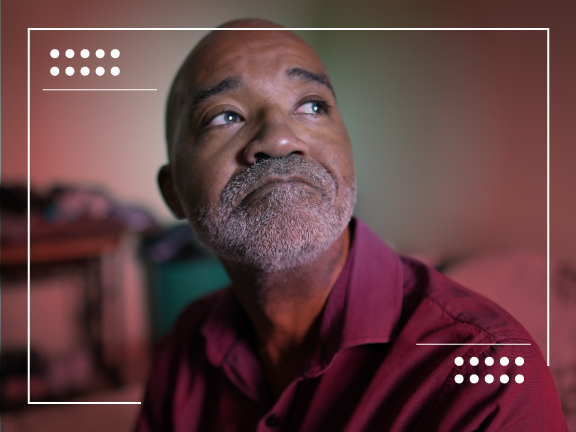What’s New in MCL Clinical Trials?
Mantle cell lymphoma (MCL) is a rare form of blood cancer, accounting for between 2.5 and 6 percent of all cases of non-Hodgkin lymphoma. While studies suggest that MCL is becoming more common, it’s encouraging to know that data also indicates that people are living longer with this disease. That’s largely due to the arrival of recently approved treatments that were created in labs and evaluated by researchers in clinical trials. Here’s a look at some new developments in clinical trials that could affect how MCL is treated.
MCL: A Change in the Standard of Care?
For about the 25 years, a commonly recommended treatment plan for many MCL patients has been chemotherapy, followed by a procedure known as an autologous stem cell transplant (ASCT). In ASCT, a patient’s stem cells—which can turn into any type of cell—are collected (or “harvested”). The patient then receives chemotherapy, which kills cancer cells, but also healthy blood cells. Next, the patient’s healthy stem cells are reinfused back into his or her bone marrow, where they restore normal blood cells. Patients then receive rituximab (Rituxan) as maintenance therapy.
While ASCT can sometimes cure MCL and other blood disorders, it can also be difficult to endure, with a long list of potential side effects including bone pain, dizziness, excessive bleeding, infections, and pneumonia. That’s why a recent study suggesting that many MCL patients can probably skip ASCT generated so much excitement. In the TRIANGLE study, 870 previously untreated MCL patients under 65 who had stage II to IV MCL were randomly chosen to receive one of three treatments:
- The standard chemo-ASCT-rituximab regimen.
- Chemotherapy plus the drug ibrutinib (Imbruvica), followed by ASCT and ibrutinib for two years.
- Chemotherapy and ibrutinib—no ASCT.
Ibrutinib belongs to a relatively new class of drugs called BTK inhibitors. These medications work by blocking an enzyme that MCL cells need to survive. Ibrutinib is approved in the United States for treating MCL and several other blood cancers. Many doctors agree that BTK inhibitors have revolutionized the treatment of MCL.
The results of TRIANGLE added to growing research suggesting that many MCL patients who have historically been advised to have ASCT don’t need it. After three years, 86 percent of patients in the third group—chemo plus ibrutinib—were alive and had not experienced a recurrence, compared to 72 percent of patients treated with ASCT. The study also found that adding ibrutinib to the chemo-ASCT regimen improved outcomes.
Many doctors who treat patients with MCL were excited by the results of the TRIANGLE study. “Ding, dong, the transplant is dead,” said Bijal Shah, MD, MS, an associate member in the department of malignant hematology at Moffitt Cancer Center in Tampa, Florida, quoting a famous line from the movie The Wizard of Oz. Others, though, say they want to see longer-term data to better understand how MCL patients who would normally have been treated with ASCT fare on ibrutinib, instead. Also, more information is needed on what the proper treatment strategy is for patients with high-risk mutations.
However, this study adds to a growing body of evidence suggesting that an ASCT may only be appropriate for a small subset of eligible MCL patients. If you have MCL and your doctor has recommended an ASCT, be sure to discuss why he or she believes it’s the best course of therapy for you.
New First-Line Option for Older MCL Patients?
While ASCT is primarily reserved for younger patients, MCL is often diagnosed in men and women who are 65 or older, which means they are less likely to be considered for the treatments or for intensive chemotherapy without ASCT, which is another option. However, last year a study published in the New England Journal of Medicine found that a new regimen may be the best first-line treatment for older patients with MCL.
In the SHINE trial, 523 MCL patients aged 65 or older were randomly chosen to receive either ibrutinib (560 milligrams once daily) or a placebo (which is an inactive therapy designed to resemble a real drug). Patients received treatment until their disease worsened or they developed unacceptable side effects. All patients also received chemotherapy (bendamustine). If patients responded to treatment either partially (their tumors shrunk) or completely (their tumors vanished), they were then given rituximab as maintenance therapy, which they received every eight weeks for up to 12 additional doses. The purpose of the study was to measure how long patients remained stable, without their disease progressing (called progression-free survival).
The SHINE team found that the median progression-free survival in the ibrutinib arm was 80.6 months (close to seven years) compared to 52.9 months (about four and a half years) in the placebo group. Patients who got ibrutinib were slightly more likely to experience side effects. The authors of this study argue that ibrutinib plus chemotherapy should become the new standard of care for older MCL patients.
New Class of Medications Offers Hope for Hard-To-Treat MCL
People with MCL who stop responding to therapy (called relapsed MCL) or who don’t respond at all to standard treatments (called refractory MCL) often have poor outcomes, especially if they have been previously treated with a BTK inhibitor. A regimen called CAR T-cell therapy—in which a patient’s T cells are harvested, reengineered to help them fight cancer, then reinfused into the patient—is an option for relapsed or refractory MCL (R/R MCL), but it can cause serious side effects and is complex to perform. New options for R/R MCL are desperately needed.
One potential alternative for these patients is a new class of drugs called bispecific antibodies, which work by attaching to T cells and cancer cells, creating a “bridge” between the two and resulting in death of the latter. At the most recent American Society of Hematology meeting last December, researchers presented data from a phase 1/2 study of an experimental bispecific antibody called glofitamab. The study included 37 MCL patients (half had refractory disease) who received either 1,000 mg or 2,000 mg doses of glofitamab after undergoing pretreatment with obinutuzumab (Gazyva). Overall, after eight months, 83 percent of patients had responded to glofitamab, with 73 percent having a complete response, that is, their tumors disappeared. Overall, the duration of any response (including patients whose tumors shrunk, but didn’t disappear) was 12.6 months. A phase 3 study of glofitamab for R/R MCL is planned.












